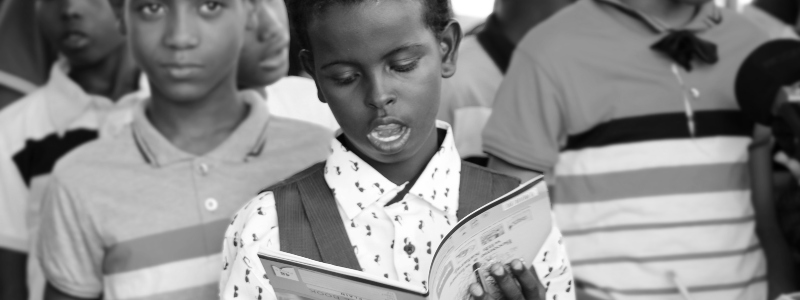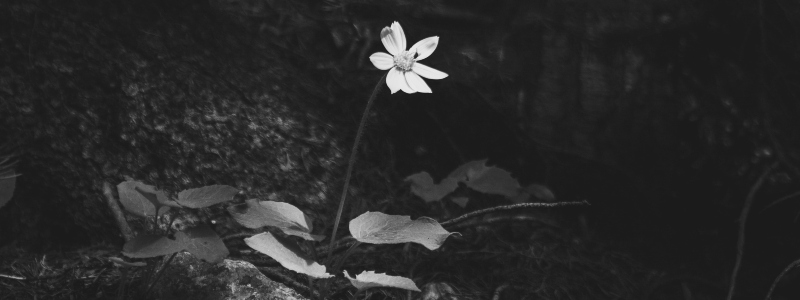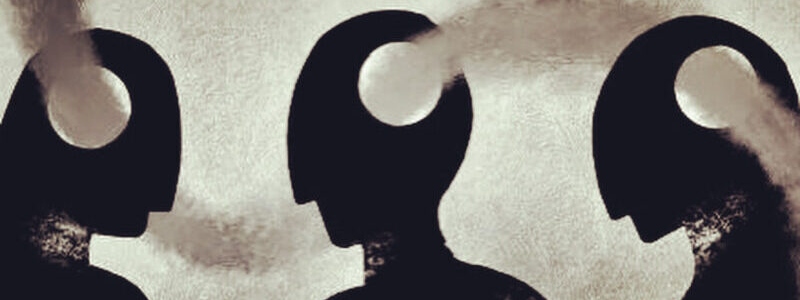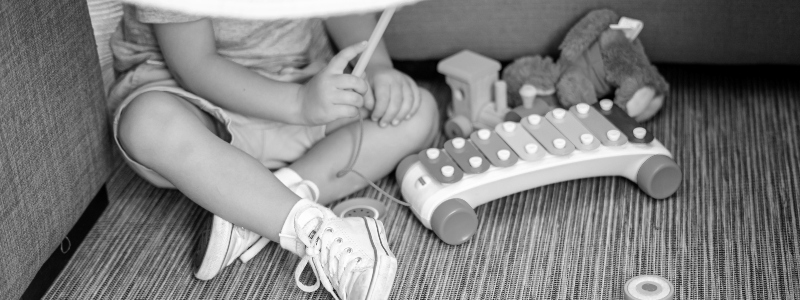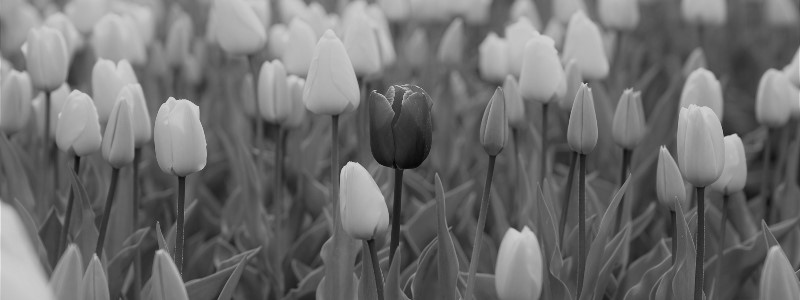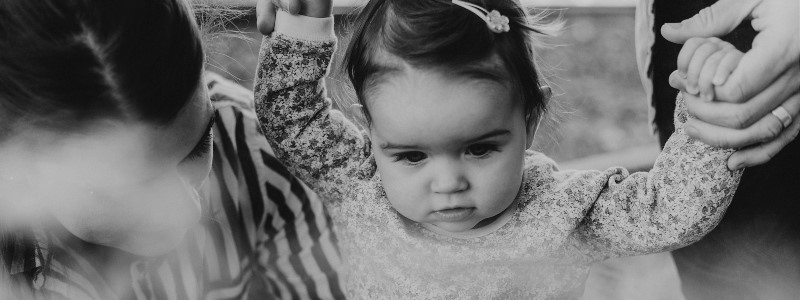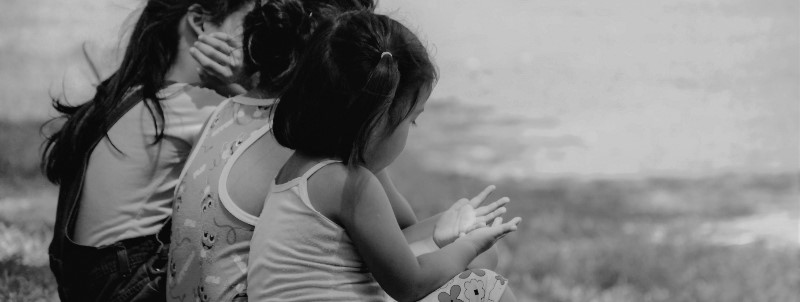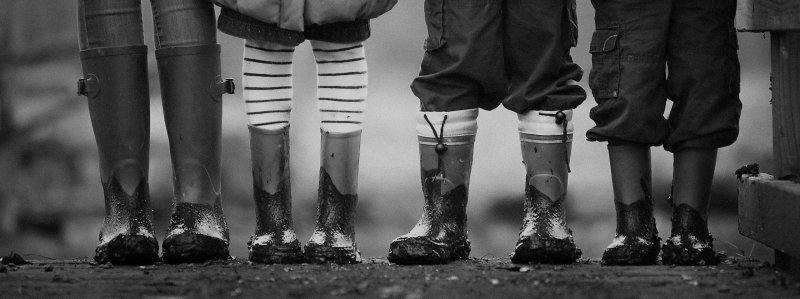To some, the suggestion of being creative conjures exciting ideas of creating art, music and stories. To others it invokes a sense of dread, with a belief that creativity must be accompanied by a special talent, accomplishment and validation from others. This could be from negative experiences of art or music, for example in childhood, from never having had much opportunity to be creative, or other experiences that may make expressing yourself feel difficult.
To play
One of the best ways to think about creativity, and how it helps us, is to consider children playing. To play is to allow ourselves to explore and make sense of the world, bringing ideas, memories, thoughts and feelings to life. It is to imagine, to find meaning, symbols and metaphors in objects and environments, in ourselves and in
the people around us.
A young child faced with paint and a blank sheet of paper will probably not hesitate to allow themselves to draw, smear, splash and dab playfully, as they desire. Hand them a musical instrument and they will make noise, (sometimes a lot of noise!), without necessarily following a tune. At this early stage we are interacting with the world, making meaning and moving from one thought or action to the next, often with another person. This is dynamic and creates movement, growth, new neural pathways and even impacts on how we build relationships. At a young age, this playful creativity is essential in our early brain development, but play in adulthood also helps to keep our brains healthy on a neurobiological level. There are many contemporary scientific studies showing how creative activity activates different parts of the brain and keeps us healthy, as well as studies on the importance of play in child development. This backs up what theorists like psychiatrist/psychoanalyst D.W. Winnicott proposed, in their work on child development in the mid-twentieth century.
Feeling the benefits
We all have the potential to be creative in different ways, it is a human characteristic. Apart from the scientific evidence, we can really feel the benefits of allowing creative activity into our lives. It may be through music, storytelling, writing, art making, cooking, gardening, dancing or any number of other pursuits that use creative thinking. In creative activity we can find an escape and a safe place to exist in times of difficulty, we can be expressive or mindful, we can regulate our emotions, pay ourselves attention, communicate an idea, and feel productive and have a sense of worth.
Creativity in psychotherapy
With my earlier training being in art psychotherapy, I have seen many adults, faced with a blank sheet of paper, feeling anxiety and self-judgement, even those who may consider themselves accomplished artists. It can feel exposing and similar to embarking on any type of therapy for the first time.
Your ability to control what you reveal of yourself (unconscious and conscious parts), can be challenged when you allow yourself to be creative, but with a therapist you feel you can trust, it can be very helpful and sometimes even transformative.
Creative thinking is not only for specific creative therapies, it comes through in talking therapy too, through the narratives we tell, the metaphors we use and the ways we solve problems and find new ways of thinking with another person. You might recognise yourself in a character in a Greek myth, or in an episode of your
favourite Netflix series, and want to explore that, or you might imagine a new life for yourself, take a new perspective on your past experiences or want to understand a dream you’ve had. The opportunities for creative thinking when it comes to your own development are truly endless.
When it feels too difficult
It can feel unsafe to allow yourself to think creatively. This can happen if you have had difficult experiences in your life that you have not had the opportunity to process, or you may not be sure why you feel this way. Your brain might be protecting you from something that feels painful. If this is the case, it could be worth thinking about it with a therapist you trust to help you to explore things at your own pace in a way that feels safer.
Why foster your creativity?
- Conscious and unconscious emotions can be expressed and acknowledged where otherwise they might remain stuck, or expressed in unhealthy or less productive ways.
- We can reveal things about ourselves and find ourselves in places we didn’t expect to be with new ideas emerging from within us. This can be life changing and lead us into new opportunities.
- You don’t have to become ‘good’ at something, you just need some space for your thoughts and feelings to be expressed/explored. The value can be in the process as well as the final product.
- For the enjoyment of creating for the sake of creating, with no judgement from yourself or anyone else.
So, make up songs, draw in your notebook, start a project, stack some pebbles on the beach. Allow yourself to create something without judgement and find what feels good for you.
Kirsty Toal is an experienced psychotherapist with a decade spent offering therapy, training and clinical supervision in a variety of settings. Kirsty offers short- and long-term psychodynamic and psychoanalytic psychotherapy to adults, in person in Lewes and online.




